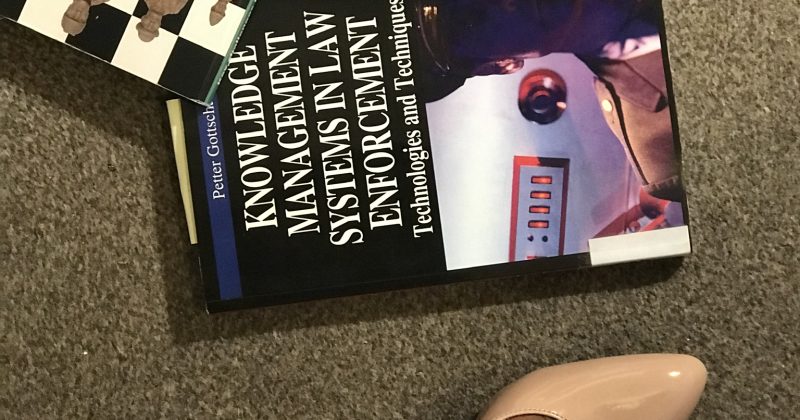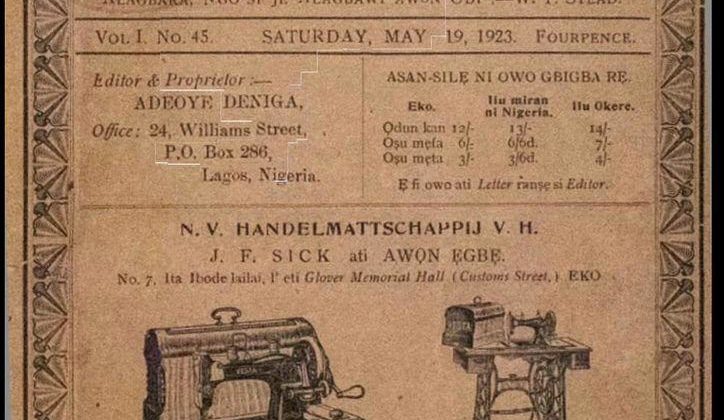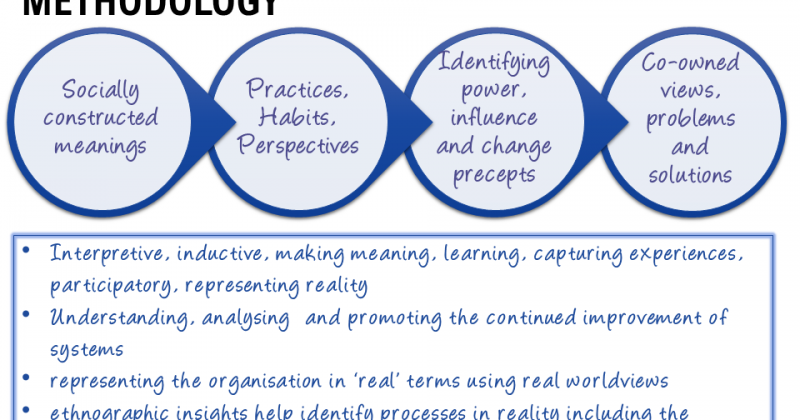
Re-enacting Raoul Moat , poor taste or necessary reminder?
Raoul Moat…2010, his frenzy left his ex girlfriend seriously wounded, her boyfriend dead and a policeman disabled ( he later took his own life) all within a week of being released from a light sentence for assaulting his 9 year old child.
This reenactment on ITV this weekend invokes mixed feelings.
There’s the confusion those who celebrated and continue to celebrate this man invoke. Their parlay is that he is a hero because he announced his intention was to execute police officers ( he indicated he had chosen to kill because he thought his ex girlfriend was dating a policeman).
Then there’s the reopening and reawakening of old wounds and trauma for the family of Samantha Stobbart - his ex girlfriend, Chris Brown’s family - Chris was Raoul’s his first target and he was executed in cold blood and PC David Rathband was an opportunistic tager who was disabled after being shot point blank by Moat ( Rathband commited suicide 20 months later)
But...


